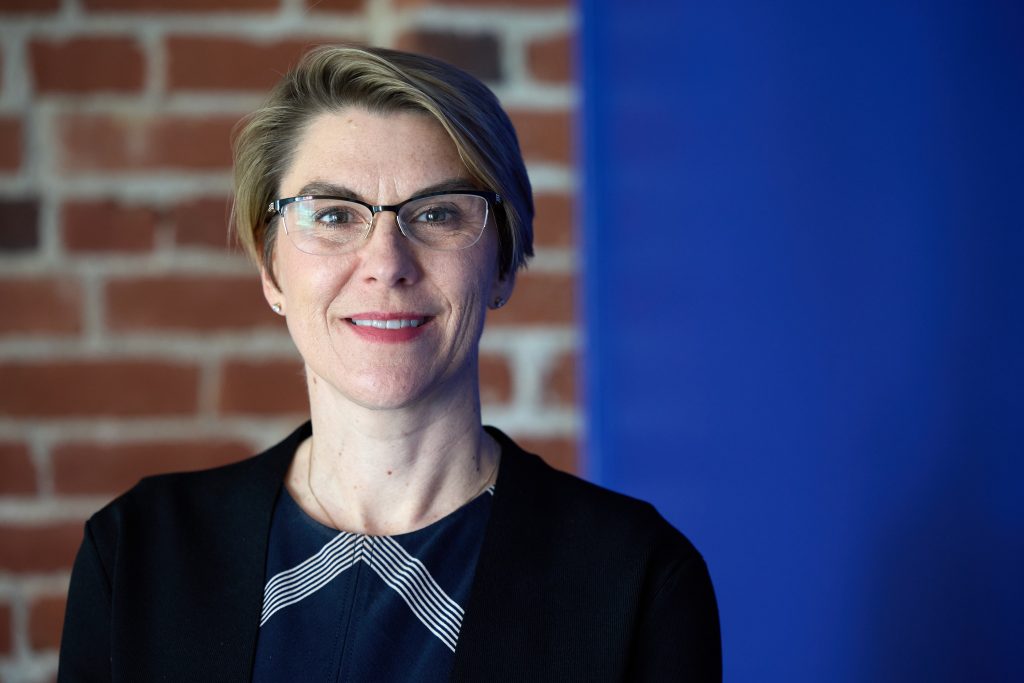By Jessica Laskey
Do you feel financially stable? Does your neighbor? What would you do to improve the economic future of your community?
A first-of-its-kind Inclusive Economy Poll, which was released by the community coalition We Prosper Together on Monday, April 29, is seeking answers to these questions and more from residents in Colusa, El Dorado, Nevada, Placer, Sacramento, Sutter, Yolo and Yuba counties.
“We Prosper Together is envisioning how economic development can be more community-engaged and community-led,” says Evan Schmidt, executive director of Valley Vision, the civic leadership nonprofit that serves as the regional convener of We Prosper Together, a collaborative of more than 150 organizations intent on fostering a more community-led approach to economic development.
“It’s about coalition building among those who are often excluded from these efforts, understanding their pain points, their dreams and aspirations,” Schmidt continues. “How do we pair our vision of economic growth with regular people on the ground and their day-to-day experiences? What do they want their lives to look like in the future?”
In pursuit of these goals, Valley Vision conducts two polls per year in partnership with Sacramento State’s Institute for Social Research on topics like livability, workforce, food systems and the built environment to “lead data-driven policy and programmatic development for the region and give us a pulse on what’s happening on a regional scale.”
But the Oak Park-based organization wanted to delve deeper, so in 2023, they secured a $5 million planning grant from the California Jobs First Regional Investment Initiative program (formerly known as CERF, or Community Economic Resilience Fund), a state initiative investing $600 million across 13 regions to drive sustainable, equitable economic growth. The grant will support a planning phase, which involves gathering stakeholders to define a regional economic plan; an implementation phase, designed to invest in projects that align with that plan; and a catalyst phase, which will help further develop and fund regional projects. A portion of funding has also been earmarked for use by Native American tribes.
The first phase started with the creation of We Prosper Together, a coalition of community stakeholders large and small that are invested in creating a more equitable economy.

“We Prosper Together is a vital initiative because it’s focused on collaboration and getting people involved who haven’t always been included in the past,” says Paul Lau, CEO and general manager of SMUD, a longtime partner of the California Jobs First program and member of the We Prosper Together leadership council. “We need everyone to be part of the discussion. The task must be to find ground-up solutions, not only top-down. By partnering with all of our community stakeholders, we have the opportunity to really hear what the needs are and help provide access to resources and opportunities for all our communities to create a successful and diverse economy.”
We Prosper Together funded the Inclusive Economy Poll once it was crafted and implemented by Valley Vision in partnership with Sacramento State ISR. A total of 1,748 respondents from eight counties were asked about their top economic concerns, major barriers to financial well-being, visions for the future and more. Questions were informed by the Rockefeller Foundation’s five Inclusive Economic Indicators: equity, participation, growth, stability and sustainability.
“We translated the Rockefeller indicators to an individual and household level to allow us to understand where people are coming from and really dive in with peoples’ experiences with personal finances and whether they have access to information and opportunities,” Schmidt notes.
Initial findings have identified some positives, like respondents’ perception of reliable access to clean air, reliable power and transportation. But the poll also exposed some stark gaps in access to food, affordable housing and high-quality jobs for people in rural communities and people of color, which underscores the importance of initiatives like We Prosper Together that seek to expose these disparities — and then do something about them.
“We’re in the early stages,” Schmidt acknowledges, “but there’s so much potential to realign our whole regional economy to be closer to meeting the needs of the community and to truly be more inclusive and mitigate the harms of the past and not repeat the same mistakes.”
This story is part of the Solving Sacramento journalism collaborative. Solving Sacramento is supported by funding from the James Irvine Foundation and James B. McClatchy Foundation. Our partners include California Groundbreakers, Capital Public Radio, Outword, Russian America Media, Sacramento Business Journal, Sacramento News & Review, Sacramento Observer and Univision 19.


Be the first to comment on "Valley Vision poll aims to identify what Capital region needs for an inclusive economy"